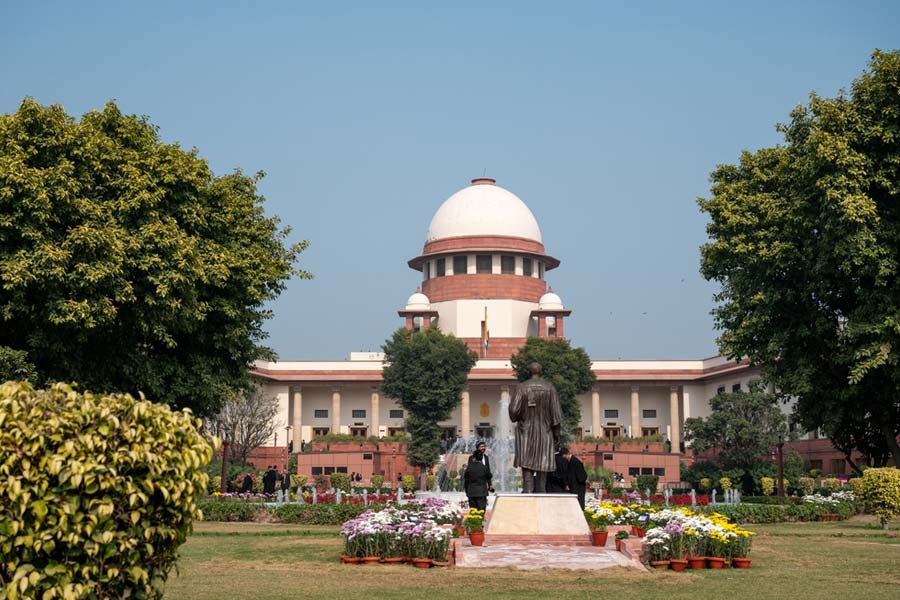The Supreme Court has ruled that the legal “representative” of an employer or “any person responsible for the supervision and control of the establishment” is liable for criminal prosecution in case of failure to remit deductions of the Employees’ State Insurance (ESI) contributions to the Employees’ State Insurance Corporation.
A bench of Justice Sudhanshu Dhulia and Justice Ahsanuddin Amanullah passed the judgment while dismissing the appeal of Ajay Raj Shetty, a general manager with the Bengaluru-based M/s Electriex (India) Limited, in a case related to non-remittance to the government of ₹8,26,696 collected by the management from February 1 to December 31, 2010.
The trial court on September 28, 2013, convicted the appellant under Section 85(i)(b) of the ESI Act and sentenced him to undergo imprisonment for six months, along with a fine of ₹5,000.
The district court and Karnataka High Court both affirmed the conviction, following which he appealed in the Supreme Court.
The accused submitted that he neither held the post of general manager nor was he the “principal employer” during the period. He submitted that liability was on the company for making payments to the ESIC, therefore, he could not be charged, much less convicted, for an offence under the Act.
Justice Amanullah noted that Section 2(17) of the Act, defined the “principal employer” as (i) in a factory, the owner or occupier of the factory and includes the managing agent of such owner or occupier, the legal representative of a deceased owner or occupier, and where a person has been named as the manager of the factory under the Factories Act, 1948, the person so named. (ii) In any establishment under the control of any department of any government in India, the authority appointed by such government in this behalf or where no authority is so appointed, the head of the department. (iii) In any other establishment, any person responsible for the supervision and control of the establishment.
“From the above, it is clear that the definition also includes a ‘managing agent’ of the owner/occupier in the case of a factory or ‘named as the manager of the factory under the Factories Act, 1948’ … and for ‘any other establishment’, principal employer would include ‘any person responsible for the supervision and control of the establishment’.
“Therefore, designation of a person can be immaterial if such a person otherwise is an agent of the owner/occupier or supervises and controls the establishment in question. From the materials available on record, we find that the appellant falls within the ambit of Section 2(17) of the Act, being a ‘managing agent’,” Justice Amanullah said.










